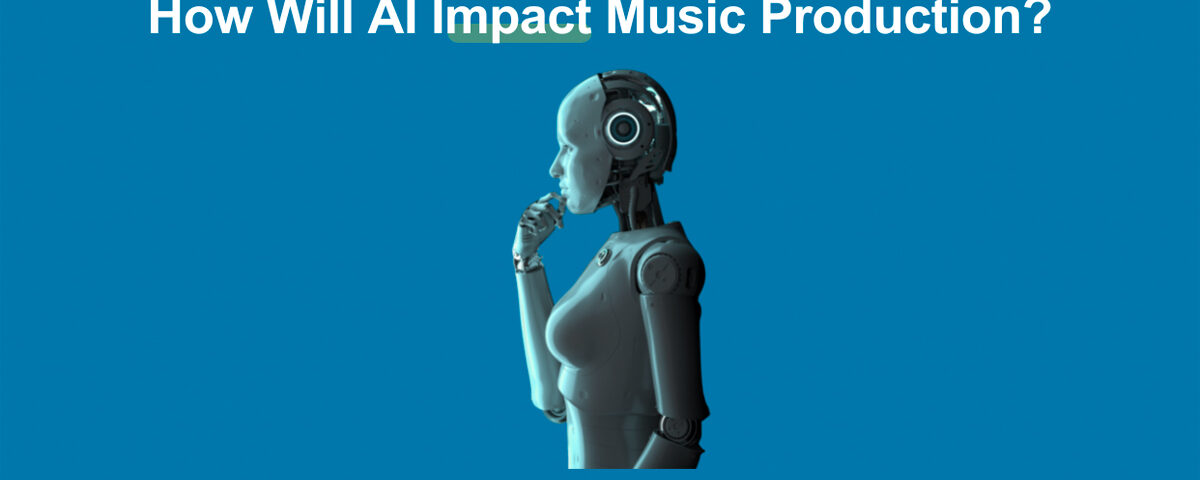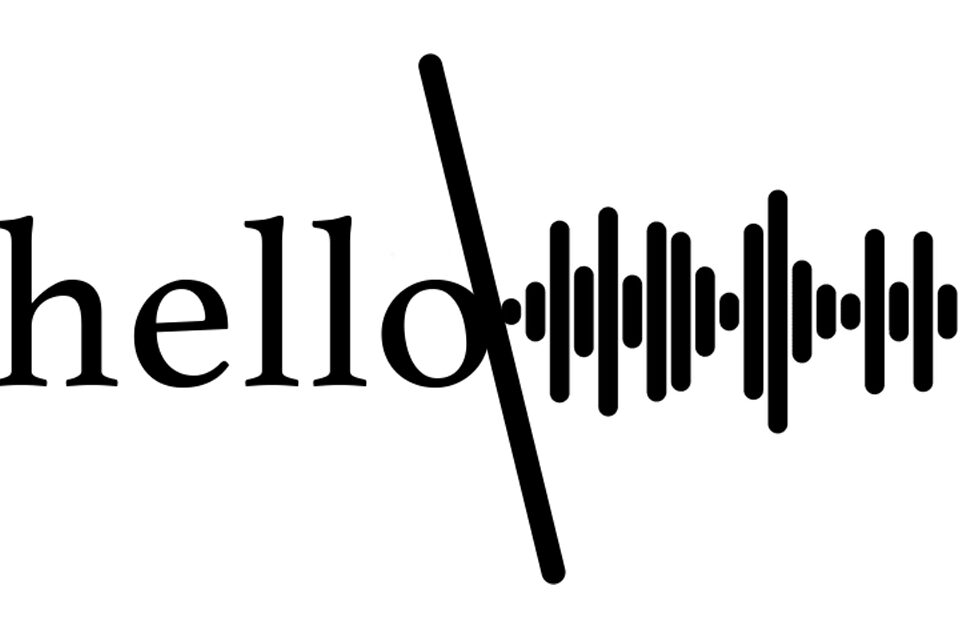The Impact of AI on Music Production and the Ethical Concerns that Follow
Artificial Intelligence (AI) has revolutionized the way we live, work, and interact with each other. One of the fields that have been impacted the most by AI is the music industry. The use of AI-powered tools has allowed musicians, producers, and engineers to create and produce music in ways that were not possible before. In this article, we will explore the impact of AI on the recording industry and discuss its advantages, disadvantages, and ethical concerns.
AI in Music Production
AI has transformed music production by providing tools that help musicians create new sounds, melodies, and harmonies. One of the most well-known AI-powered music production tools is Amper Music. It is an AI-powered music production platform that allows users to create custom music tracks without any prior musical knowledge or experience. The platform uses AI algorithms to analyze the user’s preferences and create music tracks that fit their needs.
Another example of AI-assisted music production is the use of neural networks to generate new music. Companies such as Jukedeck and AIVA are using neural networks to create original music tracks for use in films, videos, and other media. These tracks are created based on the user’s input, such as the mood, tempo, and genre of the music. This has opened up new possibilities for filmmakers and video creators to add original music to their productions without the need for expensive licenses or hiring a composer.
AI in Sound Engineering
AI has also impacted sound engineering by providing tools that help sound engineers mix and master audio tracks. One of the most popular AI-assisted sound engineering tools is iZotope’s Ozone. It is an AI-powered mastering tool that analyzes audio tracks and applies the appropriate EQ, compression, and other effects to create a polished and professional sound. The tool can also be used to fix issues such as distortion, noise, and unwanted frequencies.
Another example of AI-assisted sound engineering is the use of AI algorithms to automatically separate vocals from instrumental tracks. Tools such as Spleeter and PhonicMind use deep learning algorithms to analyze audio tracks and extract the vocals or instrumental parts. This has made it easier for remixers and DJs to create their own versions of popular songs.
AI in Performance Analysis
AI has also made an impact in the field of performance analysis by providing tools that help musicians improve their playing and singing. One of the most popular AI-powered performance analysis tools is Yousician. It is an app that uses AI to analyze the user’s playing or singing and provides real-time feedback on their performance. The app can also create personalized lesson plans based on the user’s level and goals.
Another example of AI-assisted performance analysis is the use of AI algorithms to transcribe music. Tools such as Transcribe! and Capo use AI algorithms to analyze audio tracks and transcribe the notes and chords played. This has made it easier for musicians to learn new songs and improve their playing.
Advantages of AI in the Recording Industry
The use of AI-powered tools in the recording industry has many advantages. One of the main advantages is that it can save time and money. For example, AI-powered mastering tools such as iZotope’s Ozone can produce high-quality results in a fraction of the time it would take a human sound engineer. This can save recording studios and musicians a lot of money in studio time and engineering fees.
Another advantage of AI in the recording industry is that it can provide new creative possibilities. AI-powered music production tools such as Amper Music and Jukedeck can create original music tracks that would not have been possible before. This can provide new opportunities for filmmakers, video creators, and musicians to add original music to their productions.
Disadvantages of AI in the Recording Industry
Despite the many advantages of AI in the recording industry, there are also some potential disadvantages. One of the main disadvantages is the potential loss of jobs in the music industry. As AI-powered tools become more advanced, they may replace human musicians, producers, and engineers. This could lead to fewer opportunities for people to work in the music industry, especially those who have traditional music training and experience.
Another potential disadvantage is the homogenization of music. AI-powered music production tools are designed to create music that fits within certain parameters, such as a specific genre or mood. This could lead to a lack of diversity and originality in music, as all music created with these tools may sound similar.
Ethical Concerns with AI in Music Production
The use of AI in music production raises several ethical concerns. One of the main concerns is ownership and copyright. Who owns the rights to music created using AI-powered tools? Is it the person who created the parameters for the AI to generate the music, or is it the AI itself? These questions have yet to be answered and could lead to legal disputes in the future.
Another ethical concern is the potential for AI-powered music to be used to manipulate emotions. AI algorithms can analyze data about a listener’s preferences and create music that is tailored to evoke certain emotions. While this could be used in a positive way, such as creating music to help people relax or focus, it could also be used to manipulate emotions in a negative way.
Summary
AI has had a significant impact on the recording industry, providing tools that help musicians, producers, and engineers create and produce music in ways that were not possible before. While there are many advantages to using AI-powered tools, such as saving time and money and providing new creative possibilities, there are also potential disadvantages, such as the loss of jobs in the music industry and the homogenization of music. Additionally, the use of AI in music production raises several ethical concerns, such as ownership and copyright and the potential for music to be used to manipulate emotions. As AI technology continues to evolve, it will be important to address these ethical concerns and ensure that AI is used in a responsible and ethical way in the recording industry.


